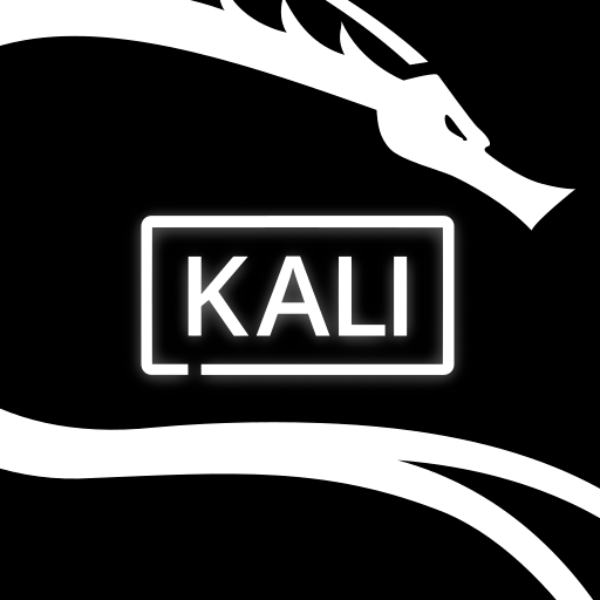Brave Search Gets Rid of the Last Remnant of Bing from the search results page

Brave Search has announced that it has achieved a major milestone by removing all search API calls to Bing, which previously represented about 7% of query results. This means that every web search result seen in Brave Search is now served by its own index, making it the only global, independent alternative to serving results almost exclusively from its own index.
When Brave Search launched in June 2021, about 13% of the queries required the help of third parties to achieve the desired level of quality across various types of queries. However, total independence was a primary goal of Brave, and in less than a year, the Brave Search global independence score rose from 87% to 93%.
The rapid adoption of Brave Search, which is now averaging about 22 million queries per day, made it the fastest-growing search engine since Bing. Additionally, the broad adoption of the Web Discovery Project, which allows users to contribute browsing data to grow the Brave Search index anonymously, meant results had the nuance and completeness needed to compete on privacy and quality.
Together, these achievements allowed Brave Search to achieve the milestone of 100% independence. The uncertainty over the future of the Bing API, which grew after the Microsoft and OpenAI partnership, was another consideration for Brave Search. The fear for the continuity of the Bing service turned out to be a prescient concern, as Microsoft recently announced an unprecedented increase in its API pricing. This created undue pressure for search engines that rely partly or fully on the Bing Search API.
By default, Brave Search users will now receive 100% of results from the Brave Index, giving users fully independent results. As always, results are preserved with user privacy in mind. This independence does not come at the expense of quality as the Search team has drastically improved Brave Search’s ability to answer nuanced, long-tail queries.
For users who want it, Google Fallback mixing will continue to be an option. Users can continue to support the growth of the index and results quality by opting into the Web Discovery Project and submitting feedback in cases where improvement is needed. Users can also use Goggles to re-rank and filter results from the Brave Search index.

However, the removal of all Bing API calls may have an effect for certain queries, or for some regional or language-specific results. Brave encourages users to submit feedback as often as possible to improve the search engine. The more people use Brave Search, the better it becomes, and the more Brave can advance its vision of a user-first Web.
In addition, Brave Search has announced that it will launch its own search API to power other search applications in the near future. This further underscores Brave’s commitment to offering a privacy-preserving search engine that relies on its own technology to deliver independent and high-quality user results.
More information can be found here.







